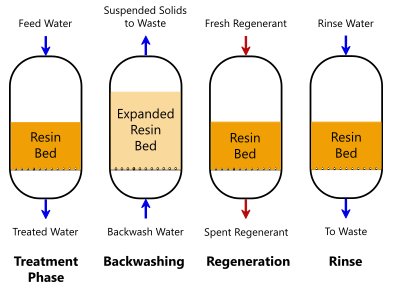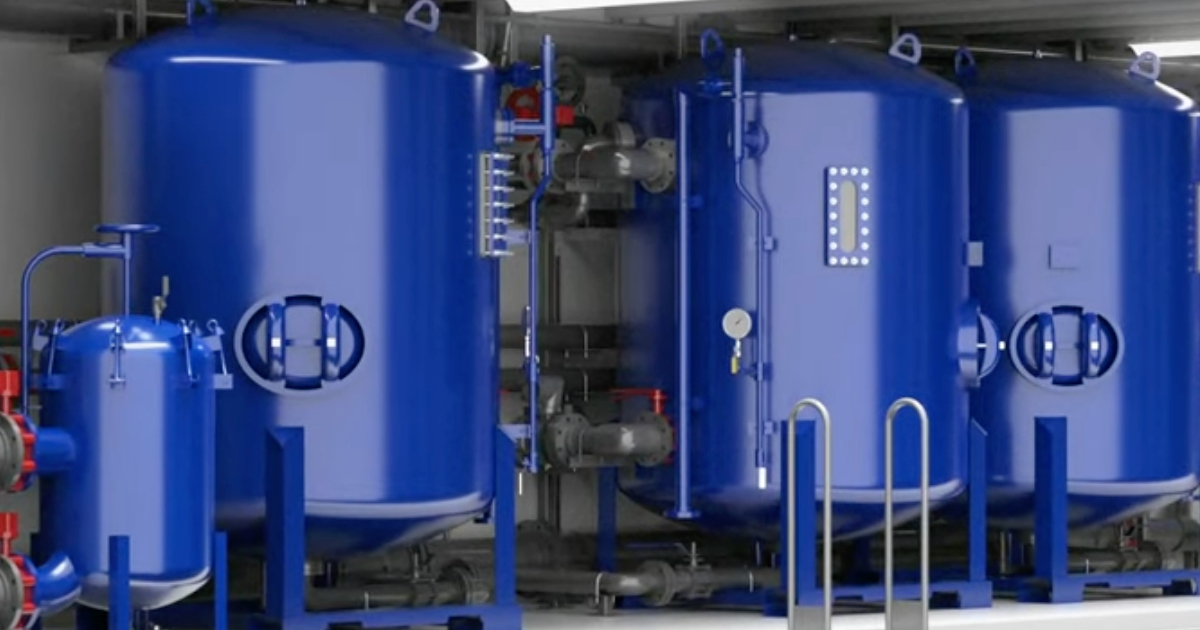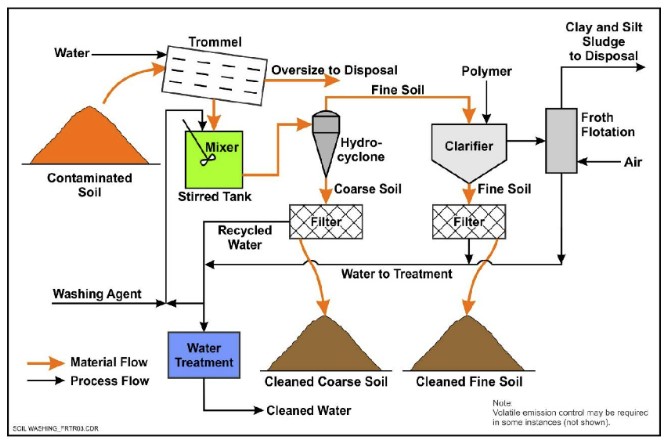M270 PFAS Treatment for Industrial Water Systems
M270 PFAS Treatment for Industrial Water Systems
Blog Article
Exactly How PFAS Treatment Guarantees Clean and Sustainable Water
The existence of PFAS, commonly known as "for life chemicals," positions substantial challenges to water quality and public health. The implications of these therapies expand beyond immediate health advantages; they raise important questions regarding lasting water monitoring strategies that need to be resolved to make sure a resilient future.

Comprehending PFAS Contamination
PFAS, or per- and polyfluoroalkyl compounds, have actually become a considerable ecological problem because of their prevalent occurrence and determination in the environment. These artificial chemicals have been made use of in various commercial applications and customer products, including non-stick kitchenware, water-proof apparel, and food product packaging, because of their special properties such as water and oil resistance.
The contamination of dirt and water sources by PFAS occurs mainly via industrial discharges, firefighting foam use, and leaching from land fills. pfas management. As soon as launched, these substances are immune to deterioration, resulting in their build-up in the atmosphere. This perseverance raises vital concerns, as PFAS can travel cross countries via groundwater and surface area water supply, influencing alcohol consumption water supplies and communities

Wellness Dangers of PFAS
The determination of PFAS in the atmosphere increases substantial health concerns for individuals exposed to these materials. Understood as "forever chemicals," PFAS do not break down easily and can collect in bodies gradually. Research study has actually linked PFAS direct exposure to numerous unfavorable health and wellness effects, including immune system dysfunction, liver damages, and increased danger of certain cancers cells - pfas management. Notably, studies have revealed raised cholesterol degrees and possible influence on reproductive and developmental wellness, particularly in pregnant individuals and infants.
The universality of PFAS in consumer items, such as non-stick pots and pans, water-repellent fabrics, and food product packaging, more enhances the threat of exposure. Drinking water contaminated with PFAS is a substantial issue, as these chemicals can leach right into groundwater resources. At risk populaces, consisting of children and those living near commercial websites, might encounter heightened threats as a result of their developing systems and potential for higher direct exposure levels.
As recognition of these health and wellness risks proceeds to expand, regulative companies are starting to develop standards for PFAS degrees in drinking water. Public health and wellness initiatives are vital to alleviate exposure and shield neighborhoods from the long-term impacts of these unsafe compounds.

Cutting-edge Treatment Technologies
How can we effectively deal with advice the difficulties positioned by PFAS contamination in water sources? Innovative therapy technologies are becoming vital options in the mission for clean water. These approaches concentrate on the removal or destruction of per- and polyfluoroalkyl substances (PFAS), which are well-known for their perseverance in the setting.
One appealing approach is adsorption using advanced products, such as triggered carbon and ion exchange materials. These products have actually revealed effectiveness in recording PFAS molecules from water. An additional noteworthy modern technology is membrane layer filtration, which makes use of nanofiltration and reverse osmosis to separate impurities at the molecular degree, thus giving a barrier against PFAS.
Additionally, progressed oxidation procedures (AOPs) utilize strong oxidants to damage down PFAS substances right into safe byproducts. This method is particularly reliable for dealing with highly polluted water sources. Bioremediation techniques, utilizing specific bacteria, are likewise being explored to weaken PFAS.
As research study proceeds, hybrid systems that combine multiple innovations might offer improved efficiency, dealing with the intricacies of PFAS contamination. The growth and application of these cutting-edge therapy technologies are crucial actions towards making sure the safety and security and sustainability of our water sources.
Benefits of Effective PFAS Treatment
Properly treating PFAS contamination in water resources substantially enhances public wellness and ecological safety. PFAS, frequently described as "forever chemicals," are immune to destruction and can collect in the body, resulting in serious wellness threats such as cancer, liver damages, and immune system dysfunction. By executing effective therapy approaches, neighborhoods can minimize direct exposure to these hazardous compounds, eventually improving the health outcomes of their populations.
Additionally, effective PFAS therapy adds to the conservation of local environments. Infected water can negatively impact marine life and interfere with the delicate balance of local habitats. By making sure tidy water, treatment procedures shield biodiversity and maintain environmental honesty.
Furthermore, reliable PFAS removal can promote public self-confidence in water quality. When areas are ensured that their alcohol consumption water is free from unsafe contaminants, it promotes a feeling of security navigate to this website and well-being. This trust is crucial for area interaction and support for recurring water administration efforts.
Future of Water Sustainability
In the middle of expanding problems concerning water high quality and shortage, the future of water sustainability hinges on cutting-edge techniques and joint initiatives. As neighborhoods encounter the looming dangers of impurities like PFAS, the advancement of sophisticated treatment innovations is vital. These modern technologies not just focus on the removal of unsafe materials yet also advertise the reuse and recycling of water, thereby decreasing total demand.
Furthermore, effective water governance plays a vital function check these guys out in making certain lasting practices. Policymakers need to incorporate scientific study with regulative structures to establish clear guidelines for water usage and treatment. Stakeholder interaction, consisting of regional communities and sectors, fosters a feeling of common responsibility and motivates lasting techniques across various sectors.
Financial investment in infrastructure is also essential; updating aging systems to include contemporary filtration and filtration approaches can dramatically improve water quality. Accepting green innovations, such as natural purification systems, can offer environment-friendly remedies.
Eventually, the future of water sustainability exists in an alternative strategy that incorporates innovation, policy, and area participation. By prioritizing these aspects, we can guard our water resources for generations ahead, making sure tidy and sustainable water for all.
Conclusion
In verdict, the reliable treatment of PFAS is essential for ensuring clean and lasting water. Inevitably, durable PFAS therapy approaches contribute to long-term strength in water administration, fostering public trust in water quality and promoting sustainable practices.
Report this page